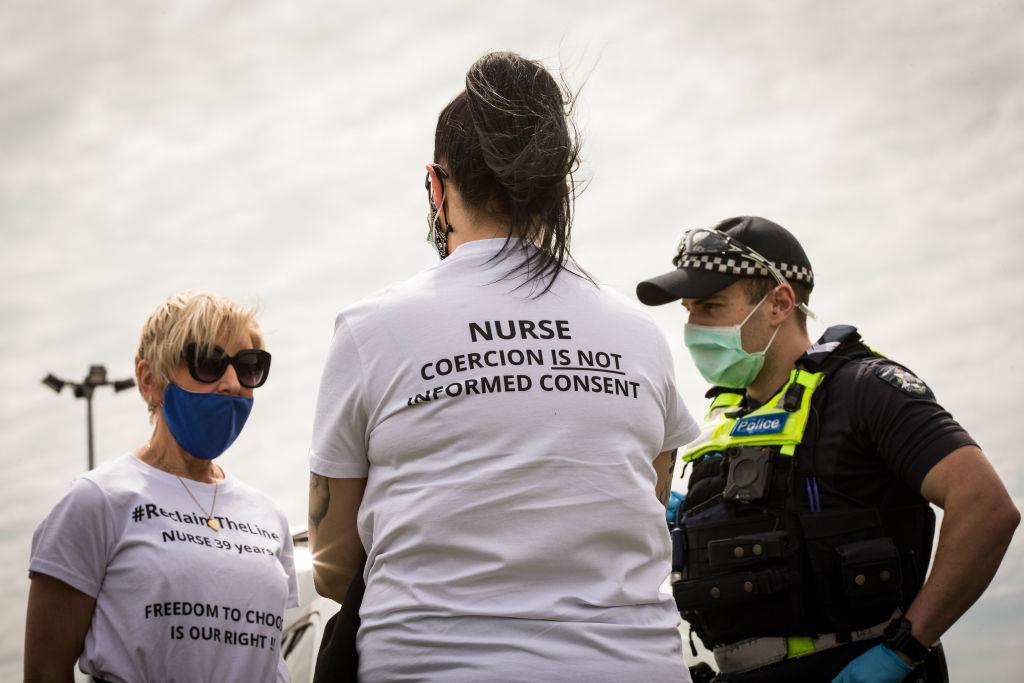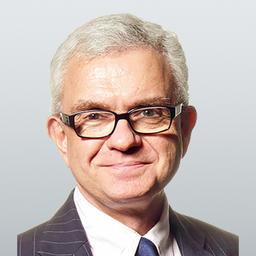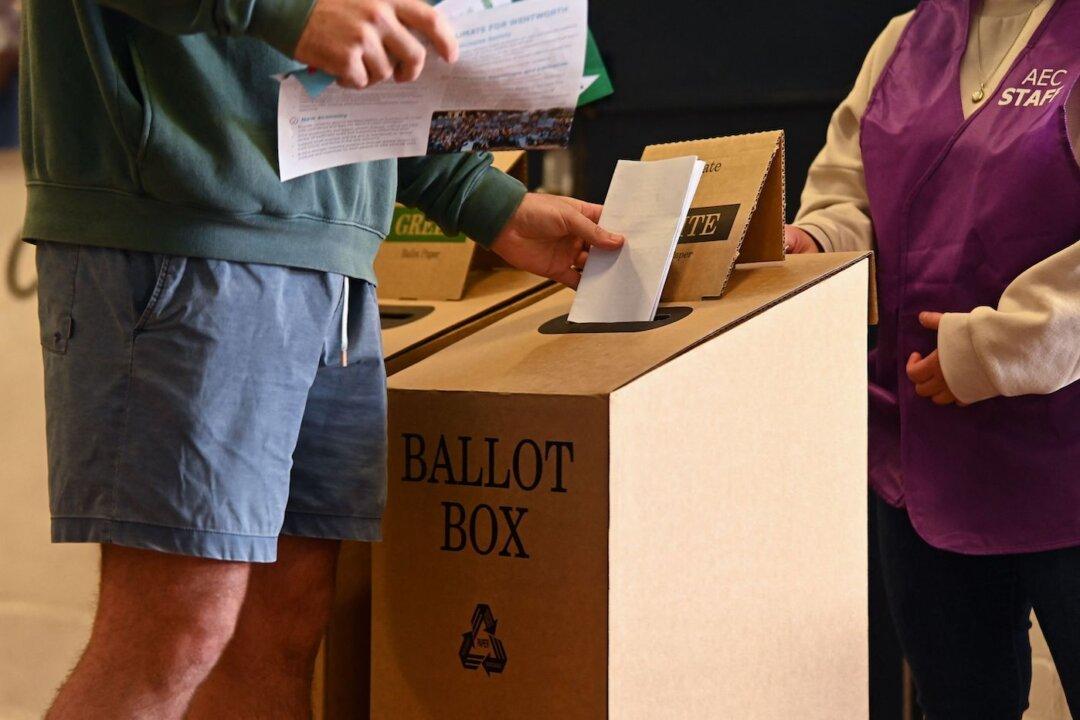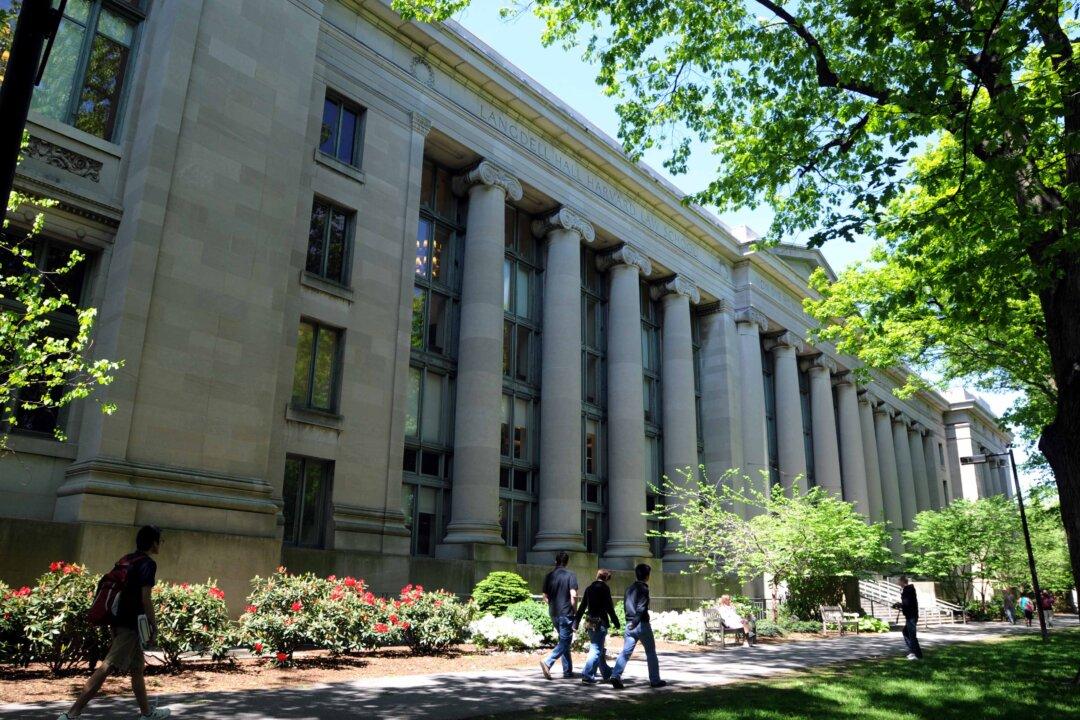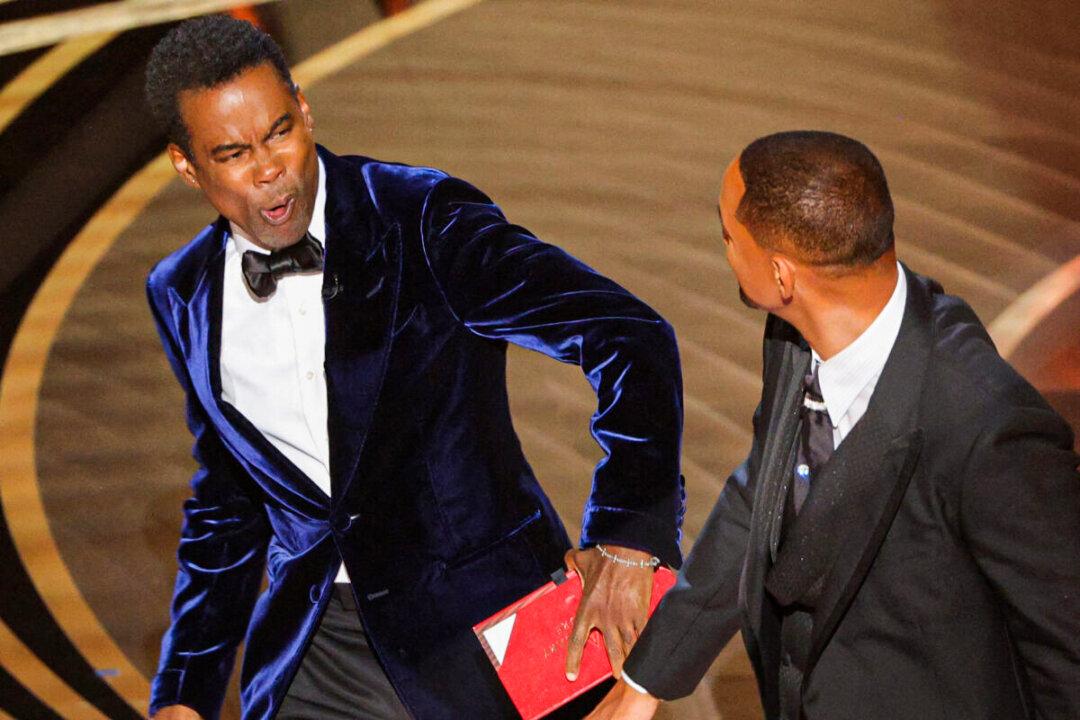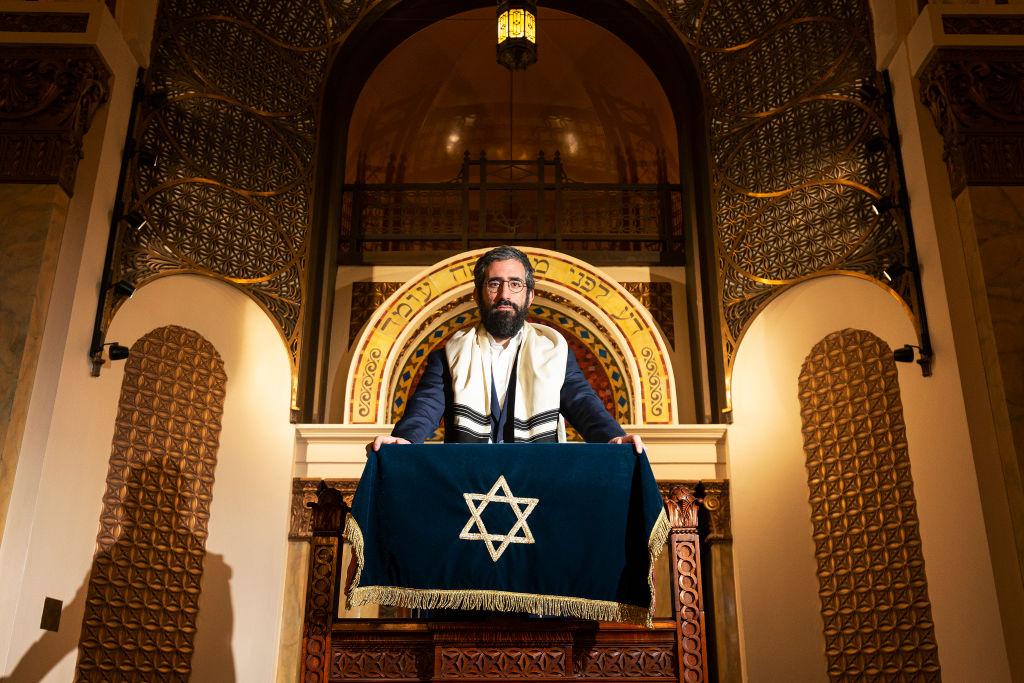Commentary
As the first tranche of COVID-19 restrictions lifted earlier this week, the people of New South Wales (NSW) enjoyed their first taste of freedom after four months of strict lockdown and enforced seclusion. Although vaccination rates in the state were low in July, once the NSW government-linked freedoms to needles, the rates shot up as people flocked to get jabbed.
